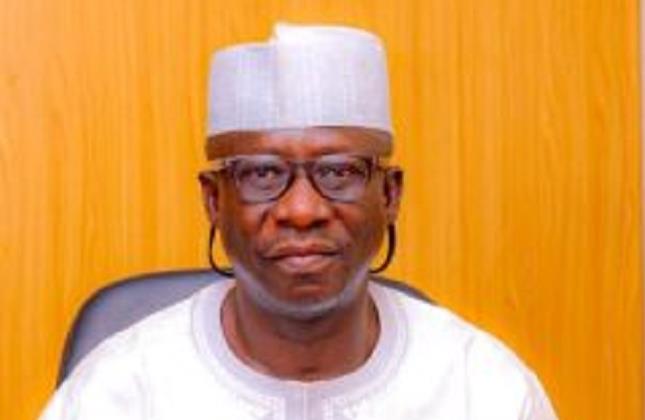The Agro-Climatic Resilience in Semi-Arid Landscapes (ACReSAL), a World Bank-financed project, has restored 160,000 hectares of degraded land to enhance food security in the country.

Mr. Cyril Bikom, Agriculture Expert Advisor to the National Project Coordinator of ACReSAL, Abdulhamid Umar, disclosed this in an interview in Abuja on Tuesday, February 11, 2025.
ACReSAL is designed to address the urgent challenges of land degradation and climate change across 19 states in Northern Nigeria and the FCT.
The project consists of four key components and is scheduled to run for six years, concluding in 2028.
Bikom stated that ACReSAL aims to restore one million hectares of degraded land, including abandoned land and areas affected by erosion, desertification, deforestation, and unsustainable agricultural practices.
“The four components of the project are: dryland management, which targets desertification or desert encroachment and focuses on various aspects of land degradation.
“Community climate resilience, institutional strengthening and project management, as well as contingent emergency response, which is a financing mechanism available to borrowers.
“The project also undertakes capacity building by training farmers on best agricultural practices, what we call smart agriculture.
“The World Bank-supported funds are allocated for actual project interventions, while the Federal Government is providing counterpart funding.
“This project is implemented primarily at the state and community levels,” he said.
Bikom added that a key component supporting food production is the Community Revolving Fund (CRF), which ensures that funds disbursed to farmers are monitored to facilitate effective loan recovery.
He commended the FG for its contributions to food production through land restoration, stating that the project provides solar-powered boreholes for irrigation and agricultural inputs.
He also noted that the project incorporates intercropping to replenish soil nutrients in support of the FG’s efforts.
“We also collaborate with the Food and Agriculture Organisation of the United Nations to secure 350,000 hectares of degraded land.
“The project is being led by three ministries: the Federal Ministry of Environment, the Federal Ministry of Agriculture and Food Security, and the Federal Ministry of Water Resources and Sanitation.”
Bikom noted that other ministries also play a crucial role in implementing the project, which is a multi-sectoral and multi-institutional initiative.
“We are targeting 20 strategic catchments, one for each state and 200 micro-catchments, which means 10 per state.
“The overall intervention supports agricultural production and sustainable land management practices across the participating states in the ACReSAL project,” Bikom said.
By Abigael Joshua
